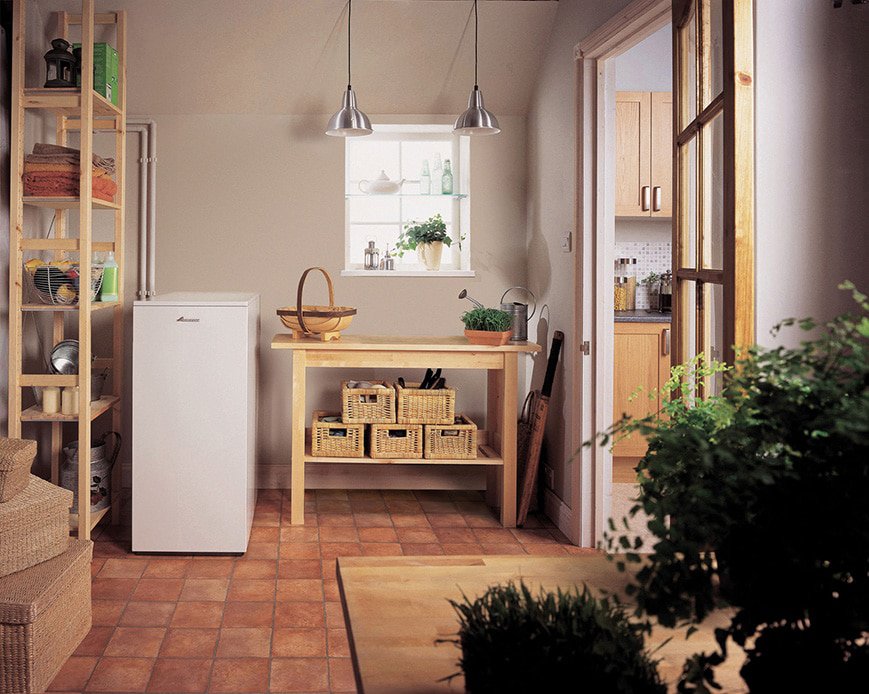Water Quality: Keeping your central heating working efficiently


Overtime, water in heating systems can accumulate harmful dirt and debris. Solder fragments discarded by older radiators and boilers can build up and start to cause harm to your heating system. Sludge (or ferrous magnetite) is a natural by-product of all the heating and cooling that goes on and can form viscous and solid deposits. Also, particularly in hard water areas, limescale can build up and cause blockages in the radiators, which can lead to unwanted system noise and damage to important components in your heating appliances. There are simple solutions you can adopt to maintain good water quality and therefore system quality. In this week’s post, we’ll go over why water quality is important, and what measures you can take to make sure that the water in your system is clean and of the optimum quality to ensure it’s efficiency and prolonged lifespan.
Why is water quality important?
Your boiler is supposed to run with clean water in the system – pipework, radiators etc. If not, it won’t work properly and could break down, leaving you without heat over the next few months. Even if the water in your system started out clean, over the years, the water could become contaminated, causing blockages in your pipework and radiators. Apart from potentially costing you hundreds of pounds in boiler repairs, it will will reduce the overall efficiency of your system, causing your radiators to have cold spots even though your boiler is working. Your radiators will be poor convectors of heat, which in turn means wasted energy from your boiler and of course, higher bills than necessary – without the comfort of a warm home. For this reason, when installing a new boiler, it’s important you think about cleaning your heating system to make sure the water quality is at optimum levels before the new installation. But also, consider how you will maintain that water quality over time, so that the life of your system is prolonged and it works – producing the heat you need, without costing you more than it should.
When installing a new boiler, your heating expert should recommend a power flush. It’s the most efficient way to completely clean the system. It removes sludge and debris, restores efficiency and protects components from future damage and corrosion. Using high pressure, special chemical cleaners are pumped through the pipework in both directions to loosen debris and drain it out of the system. You’ll get warmer radiators, more even heat distribution throughout your property and savings on your energy bills. Overall, your system will function better and you’ll get more out of your new boiler.
Plus, if you’re a landlord or homeowner, it’s important to know that UK building regulations for England and Wales require that a central heating system be suitably cleaned and flushed before a new boiler is installed. Some boiler manufacturers even make the length of warranty on their appliances contingent on the system being flushed and cleaned according to regulations.
Maintaining water quality with inhibitor chemicals
While a newly cleaned system can be up to 15% more efficient that a dirty one, it’s still important to protect your system from future scale, corrosion and sludge build-up. After a power flush, when the system is filled back up, inhibitor chemicals should then be added. This is another very important part of maintaining a healthy system. The chemicals are left in circulation and can work with magnetic filters to prevent any further corrosion. It’s important to put the right quantity of chemicals depending on the size of the system.
Magnetic Filters.
As well as thoroughly flushing your central heating system to maintain clean water quality, expects recommend installing a system filter. Magnetic filters are designed to fight the damaging effects of debris and pollutants by capturing them before they reach your boiler. The filter simply connects to the pipework flowing back to the boiler to filter out debris before it can cause any damage or block your pipes.
Frozen Pipework
Extreme conditions are becoming a more common occurrence in the UK. Condensate discharge pipes that are located outside can freeze and cause your system to break down and interrupt your boiler’s functions. This may be of less concern if you live in an area without such weather extremes. But it’s worth knowing, if you notice your boiler or radiators aren’t working as they should over the winter, it’s worth asking your heating engineer to investigate your external pipework.

